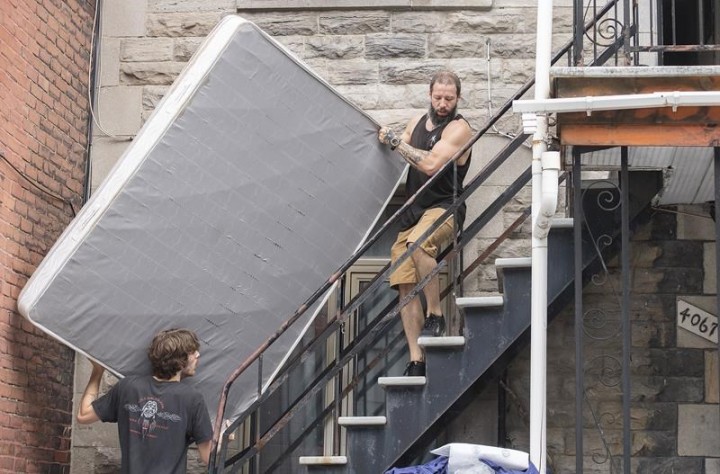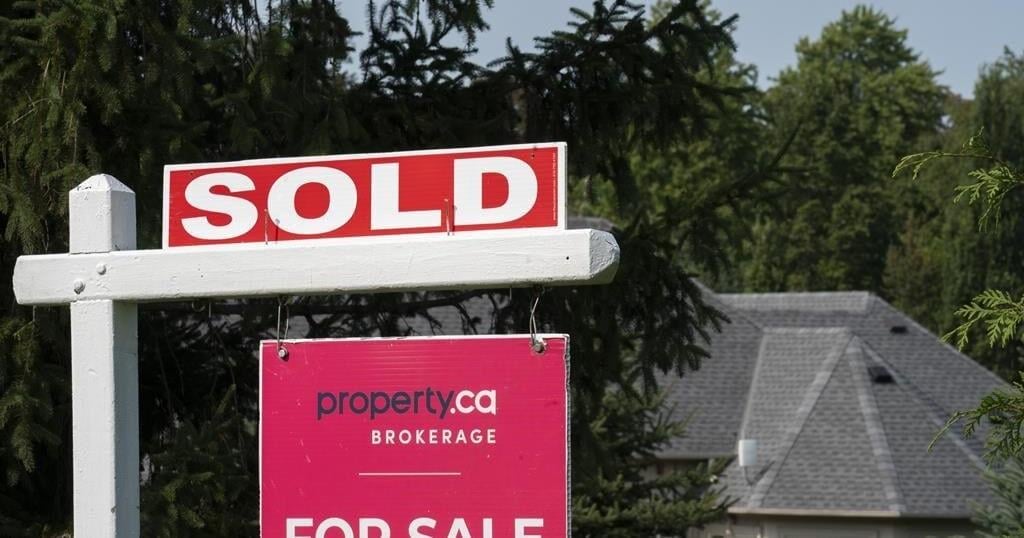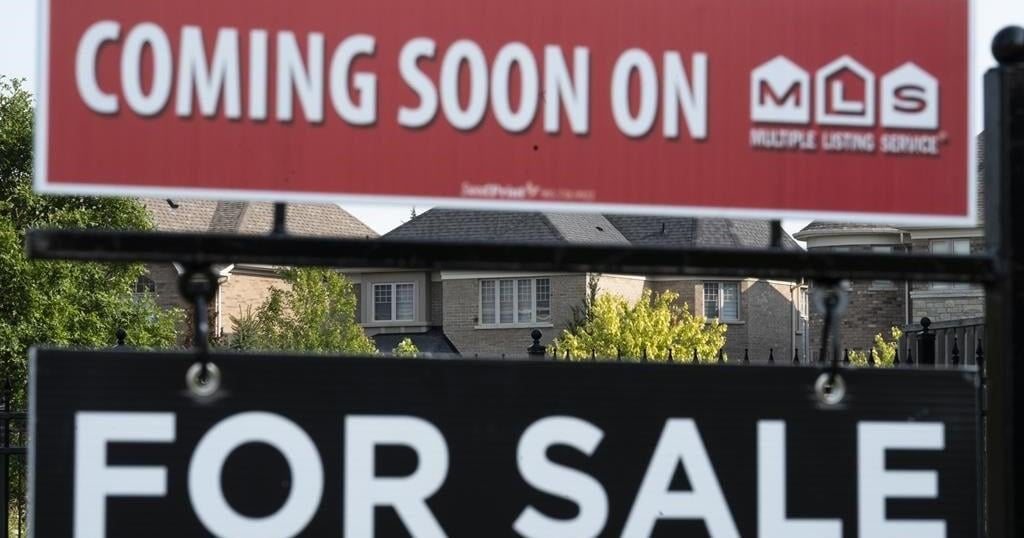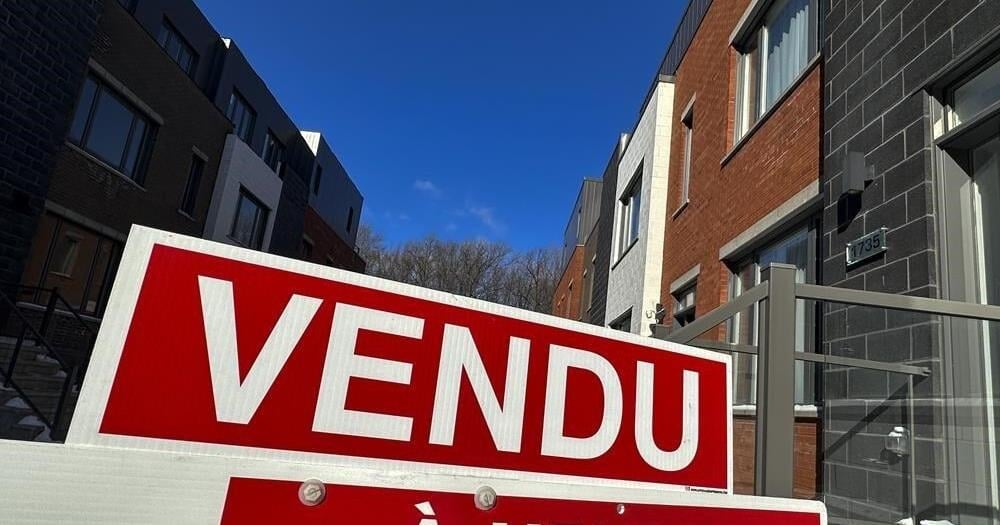MONTREAL — A Quebec housing advocacy group says it’s worried there will be a record number of households left without somewhere to live on the province’s July 1 moving day.
“On the eve of July 1, in Quebec, we count 750 renter households that have not found housing,” said Véronique Laflamme, a spokeswoman for the Front d’action populaire en réaménagement urbain, in an interview.
That estimate is based on requests for aid received by municipal housing offices in the province, Laflamme said, and could change if families find housing in the meantime.
The number is much higher than the 420 renter households who were without housing at the same time last year, she said.
She said the number of households that called a housing assistance service this year also rose to 3,500, up from 2,000 the year before.
In Montreal on Friday, 107 households were being helped by city staff and had “still not found a permanent solution,” the city’s communication department said in an email. Among those “some have been able to negotiate a short-term lease extension, while others will be able to be housed by relatives.”
The city said it is able to temporarily house everyone in need.
According to Laflamme, “these numbers are the tip of the iceberg of the housing crisis” in Quebec. She said more families are living in substandard housing, housing that is too small for their needs or housing that is too expensive.
According to the most recent annual report by the Canada Mortgage and Housing Corporation, published last February, around 30 municipalities in Quebec have vacancy rates below one per cent.
In the Montreal region, the vacancy rate is higher, at 3 per cent.
On Wednesday, Quebec announced it will increase a financial assistance program for low-income households starting Oct. 1.
The government also said it would spend $2 million as part of “Operation July 1” to help people find housing, and to provide temporary housing and furniture storage for people who can’t find somewhere to live.
“There is absolutely no reason for people to sleep in the street tonight if those people call the emergency teams of our housing offices,” Municipal Affairs and Housing Minister Andrée Laforest said in an email, adding that the government has set aside a record amount of money to provide “immediate assistance for tenants in need.”
However, Laflamme said the government isn’t getting to the root of the problem. Her group would like to see the Quebec government take action against real estate speculation and evictions that take advantage of grey areas in the province’s housing laws.
According to the province’s housing department, more than 8,000 “social and affordable” housing units have been built, or are under construction, since 2018.
The City of Montreal said it’s waiting for Quebec and Ottawa to reach a funding agreement that will allow it to build or renovate 6,000 social housing units.
While the start date of residential leases has not been fixed by the Quebec government since the 1970s, the far majority start July 1. The practice began with a 1750 law that established May 1 as the start date of residential leases – a move by the government of what was then New France to protect tenant farmers from being evicted over the winter.
This report by The Canadian Press was first published July 1, 2022.
Clara Descurninges, The Canadian Press
Related
































